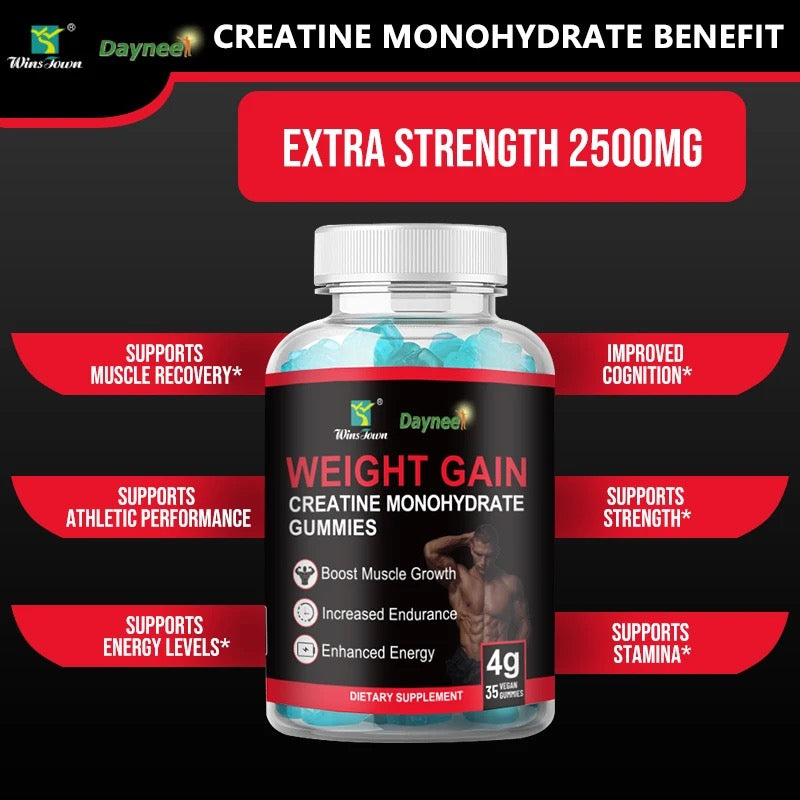Getting My Creatine Monohydrate To Work
Getting My Creatine Monohydrate To Work
Blog Article
Creatine Monohydrate for Dummies
Table of ContentsThe Single Strategy To Use For Creatine MonohydrateSome Known Factual Statements About Creatine Monohydrate The Greatest Guide To Creatine Monohydrate
The writers acknowledge a risk of prejudice with the research designs due to a need for more quality over randomization with almost all researches included. Just 3 of the nineteen researches extensively described the evaluation of VO2 max.:max_bytes(150000):strip_icc()/Health-BenefitsofCreatine-Vertical-V5-10dbc94af7324b37aae2ab35c98b87a8.jpg)
This differs from athlete to athlete. If weight gain through liquid retention is a problem, quit taking creatine 1-2 weeks before competing to offset liquid retention while retaining boosted creatine stores. Some individuals experience stomach discomfort when taking creatine, such as bloating, cramping, or looseness of the bowels. It is necessary to note that not everyone experiences gastrointestinal distress while taking creatine, and it can often be taken care of by adjusting the dosage or taking it with meals, as outlined by the International Culture of Sports Nourishment.
It's advised to use it in powder form. Issues concerning the long-lasting results of creatine monohydrate supplements on kidney (kidney) function have been increased. Nonetheless, research studies done by the International Society of Sports Nourishment and Sports Medication program see here that short-term and long-term use of creatine monohydrate within suggested dosages doesn't run the risk of renal function in healthy individuals.
Creatine Monohydrate - The Facts
None of the research studies investigated triathletes. The damaging results reported in the studies connected to weight gain. As discussed, many of the studies made use of a higher-dose loading method (20g+/ day) in a short period that could be offset and avoided through a lower dosage (such as 5g/day) for an extensive duration.

Allow's take a look at the primary benefits of creatine monohydrate. There is solid, web dependable research revealing that creatine enhances health and wellness. Impossible evidence sustains boosting lean muscular tissue mass, enhancing toughness and power, adding reps, decreasing why not find out more time to fatigue, improving hydration condition, and benefiting mind health and wellness and function. Every one of these advantages will incrementally award your health and enhance your "healthspan" as you age.
The bulk of creatine is saved in the skeletal muscles in a form understood
as phosphocreatine, or creatine phosphate. Creatine help in the production of adenosine triphosphate, or ATP. Also if they never raised a barbell, they would certainly still profit from creatine supplementation.
Report this page